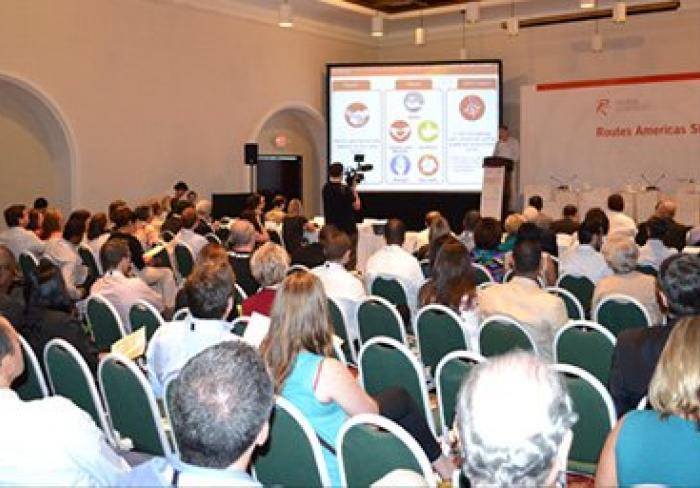by Jose Carlos de Santiago
There are ever-clearer signals that the Caribbean is doing what´s in its best interest. The region´s two largest countries –that as a matter of fact rake in over 10 percent of the 42 million tourists who visit the Caribbean islands every year- are gearing up their hotel infrastructure to lure deep-pocket sunbathers. And they´re doing that without discarding the kind of visitors they have been welcoming up to now.
The Dominican Republic is looking to the American market as a potential clientele of high purchasing power that can be offered attractions the smaller Caribbean islands don´t have. The Dominican government has appointed a new tourism vice minister –Magali Toribio- who will personally and exclusively deal with the U.S. market.
The Caribbean can´t be any luckier. The latest figures speak volumes of steady increases in tourist arrivals. As many as 42 million sunbathers visited the balmy region in 2005, up 3.5 percent from the previous year, that according to the CTO´s annual report. These numbers, however, should not make us forget the dire hurricane season that swept the Caribbean, nor the disasters that hit other parts of the world as well.
Two nations have gone the rest of the pack one better as far as tourism growth is concerned: Cuba, that posted a 7 percent hike, and the Dominican Republic with a whopping 13 percent increment. And make no mistakes about it; Europe´s outbound market was the force that drove these spikes. Their presence in international fairs and tradeshows, like Spain´s FITUR, their leaning to traditional markets like Germany, and a fresh investment policy have definitely made their leisure sectors skyrocket.
New winds are blowing through the Caribbean. A fresh breeze is dusting off institutions. It seems as if the Caribbean vision of Europe –especially toward Spain- were changing. An old saying goes that actions speak louder than words, and that´s exactly what Spanish hoteliers have done. They have shown that they have to be counted in, that they´re bold and brisk, that their approval ratings are soaring. It took all that for some Caribbean nations to realize that there are other companies they hadn´t heard of, Spanish companies willing to invest heavily in the region.
These entrepreneurs hail from a country in Europe where English is not spoken, who are not Americans, and speak the tongue of Christopher Columbus. They are businesspeople who have lots of things in common with the Caribbean people: most of them are islanders, from the lovely Balearic Islands or the lucky Canary Islands. And some of them even emerged from the Sea of Castile.
(Editorial) -The tragic and puzzling disappearance in Aruba of Natalee Holloway, an 18-year-old student from Alabama, occurred on May 30, has been spearheaded by some sectors in her native southern U.S. state in a vile effort to boycott that small Caribbean nation´s top industry: tourism.
A mother´s distraught in the face of a situation like this is comprehensible, but it doesn´t justify in any way the stance taken by Beth Twitty, Natalee´s mother, as she´s been trying to pin the blame on a whole nation that has always been so hospitable with all visitors from anywhere under the sun, especially those hailing from the United States, by far Aruba´s number-one outbound market.
Dear Readers,
We´d like to inform you that this will be the last issue of the Caribbean News Digital newsletter for the rest of the ongoing summer season. We´ll take a break until August 29, when we´ll be back with the twice-a-week email delivery to your PC inbox.
For the time being, those willing to read past issues or pieces of new may click on our portal, www.caribeinside.com, and access to the news service of the Caribbean News Digital newsletter.
We avail of this opportunity to thank our close collaborators and friends. Without them, this online product will not be possible. Our hearts also go out to both our foes and competitors. Catch the summer spirit and don´t let it go. We´ll be back soon!
The Editors









